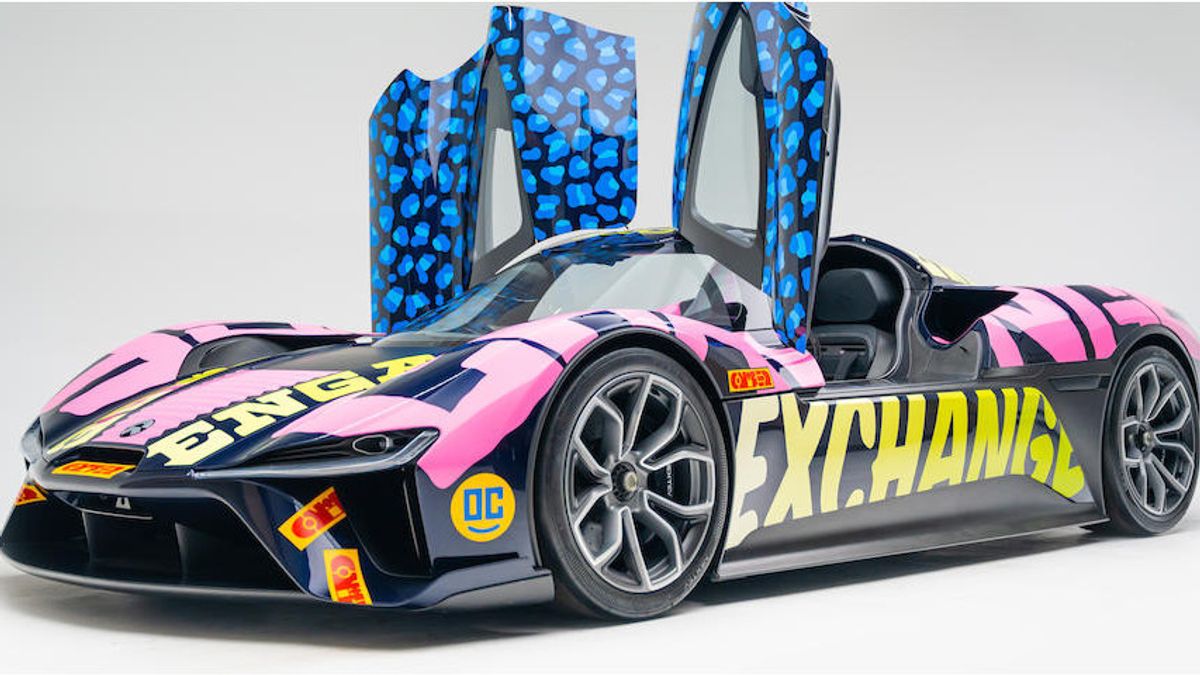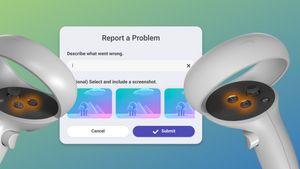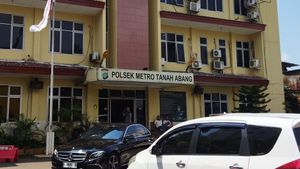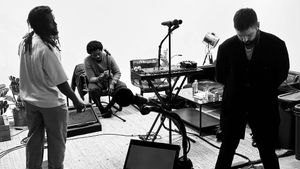JAKARTA - Chinese electric vehicle maker Nio will only lease its cars when it launches in four European markets this year. This was stated by CEO Nio to Reuters on Friday, October 7. Now Nio hopes that flexibility will be a key selling point as drivers shift to new technologies.
Users will be able to rent a car with a 75-gigawatt hour battery for 1,199-1,295 euros (IDR 18 – 19.3 million) per month depending on the length of the subscription, it could even be as little as a month.
The plan is billed as the company's latest unconventional move, which already allows customers to rent rather than buy batteries, which are said to be the most expensive part of electric vehicles (EVs).
Instead of charging their car at home, Nio owners can also drop their battery off at a battery exchange station to install a new powerpack in minutes to save time.
Now, as it prepares to launch in Germany, the Netherlands, Sweden and Denmark, Nio plans to operate its business there on a corporate leasing and subscription model. They also offer all three models available in China - the ET7, ET5 and EL7, with the latter being renamed in Europe from the Chinese name ES7 due to a brand dispute with Audi Volkswagen.
"We will not sell cars," Nio CEO William Li said in an interview at the company's new showroom 'Nio House' in central Berlin, told Reuters. This is the first of nine new club-style showroom venues to open to Nio fans in Europe this year.
Nio has sold less than 250,000 vehicles in China and Norway since starting production in 2018. Prices range from 50,000-70,000 euros (IDR 749 million-1 billion), depending on the range of the car and whether the customer buys or rents the battery alone.
So far they have operated to order, creating bespoke products for customers and keeping inventories low.
Nio faces competition in China from a growing number of EV startups like Xpeng to Hozon and Leapmotor as well as bigger manufacturers like China's BYD and Tesla.
In Europe, they will be chasing Tesla and Volkswagen for the top spot in EV sales.
"The plan is to install at least 120 battery exchange stations in Europe by the end of next year," Li said, adding that it was not a matter of financial investment but the time and bureaucracy required to solve it.
Li explained that the company opened its first factory to produce exchange stations in Hungary last month, and will consider producing batteries in the region once it achieves battery sales in Europe equivalent to about 10 gigawatt hours.
"The advantage of our business of separating cars from batteries is that we can achieve economies of scale for batteries much faster than cars," Li said. "When we reach 10 gigawatt hours, we will consider localization of production."
VOIR éGALEMENT:
In China, where that target has been met, a team of about 700 people is working on in-house battery production, allowing the company to control its battery supply.
Meanwhile, Nio is looking for further partners beyond its current supplier, CATL. Li added that it aims to secure a new partnership next year.
"In the long term, we believe every top company in the automotive industry will soon have internal battery production," Li said.
Nio's own revenue grew 22% in the second quarter from a year ago while its net loss more than quadrupled to the equivalent of US$410 million.
It delivered just under 32,000 vehicles in September, up 29.3% YoY. Supply chain problems in China due to the COVID-19 lockdown in August subsided faster than expected.
The English, Chinese, Japanese, Arabic, and French versions are automatically generated by the AI. So there may still be inaccuracies in translating, please always see Indonesian as our main language. (system supported by DigitalSiber.id)


















